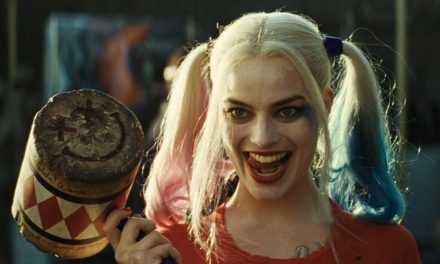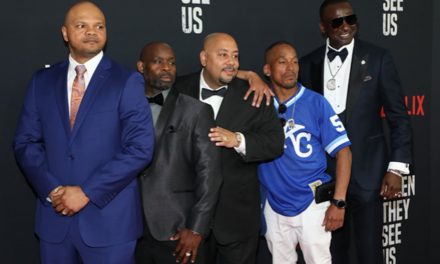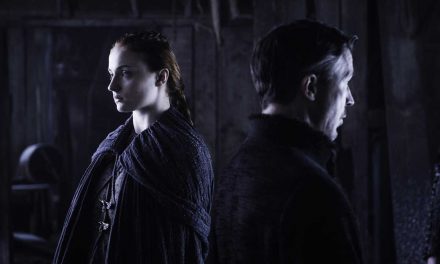<![CDATA[
With a long list of live-action Disney films set to debut in the next few years, ,the latest addition to the reboot mania is The Little Mermaid. On Wednesday, sources revealed that African-American songstress and actress Halle Bailey – not to be confused with Halle Berry – had been selected for the role of Ariel. The nineteen-year-old has already received widespread notoriety as part of the Beyoncé-approved singing duo Chloe x Halle and has enchanted viewers on Freeform’s Grown-ish. This will make Bailey the second live-action Black princess since 1997’s Cinderella starring R&B singer Brandy. The rest of the cast will include the likes of Jacob Tremblay, Awkwafina and possibly Melissa McCarthy in the wicked role of Ursula. Yet, what makes this casting so important is that Disney is finally taking a chance on representation. Before live-action movies became an epidemic, the only Black Disney princess was Tiana in 2009’s Princess and the Frog. Decades worth of Disney films and still…. only one Black princess. Considering the number of children who watch this genre of film, it’s worrying that the only representation available is a Black woman who spends most of her time as a frog.
Why Is Representation So Important?
Representation goes far beyond championing diversity. It’s about normalising positive stereotypes to a demographic of people who aren’t afforded that in mass media. It’s all well and good to include Arab actors in your productions – but if they’re playing terrorists? Not so good. It’s about stepping outside the pre-conceived stereotypes and giving people of colour a story that actually reflects their lives. And when representation is administered correctly, success will follow naturally. This was the case with 2018’s Black Panther which broke multiple box office records including the third highest-grossing film in America of all time. Why? Black Panther featured a mostly Black cast, introduced an uncolonised, technologically advanced Africa and, best of all, it was the first Black superhero in the Marvel universe. It was the opposite of what Hollywood had been pushing for decades, and people loved it.
Backlash?
What makes Disney films so universally revered is the story at the heart of it. Halle Bailey may not be fulfilling the traditional red hair and green eyes requirement, but Ariel is a fictional character and the outward appearance isn’t the most vital thing about her. As with all new changes, the internet trolls have been in uproar over the casting. Many have likened the decision to a white person playing Pocahontas or Tiana. The key difference here is that Pocahontas was a real Native-American woman and her race and identity were crucial themes in the movie. While Tiana was a Black woman in Louisiana battling both racism and sexism, an important intersection that doesn’t translate with a White character. However, Ariel was a mermaid. A mythical fictional character. Her story has nothing to do with race, identity or even sex. It’s a story that can be told in a plethora of different ways over generations. This isn’t the first remake that has drawn racial criticism. The second reboot of the Spider-Man series saw the biracial actress Zendaya selected for the titular role of Mary-Jane. Due to mass success of the comic book series spanning several decades, many were unwilling to let go of the previous White redhead. The only suitable response to this is that while it can be upsetting to see physical changes to a character you’ve admired, the essence of the story will always be the same. Sometimes, it’s about slightly changing the perspective so that people can enjoy the story in a different way. The Little Mermaid reboot will herald in a new generation of kids who are not only finally represented but empowered to follow their dreams. Isn’t that what Disney is about?
Photo credit: People.com]]>
- This Artist is Making the Underwater Arena His Canvas - 28th April 2021
- A Video Game that Promotes Peace and Conflict Resolution - 15th March 2021
- Netflix’s ‘Living Undocumented’ is a Difficult Series to Watch, and Exactly Why We Should - 9th March 2021






